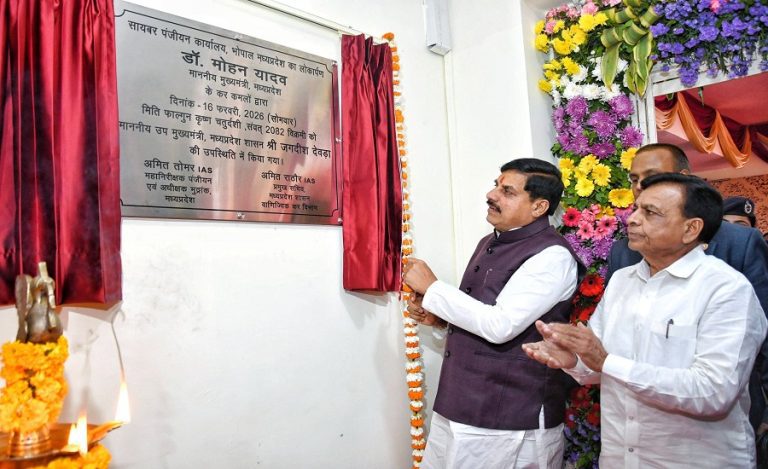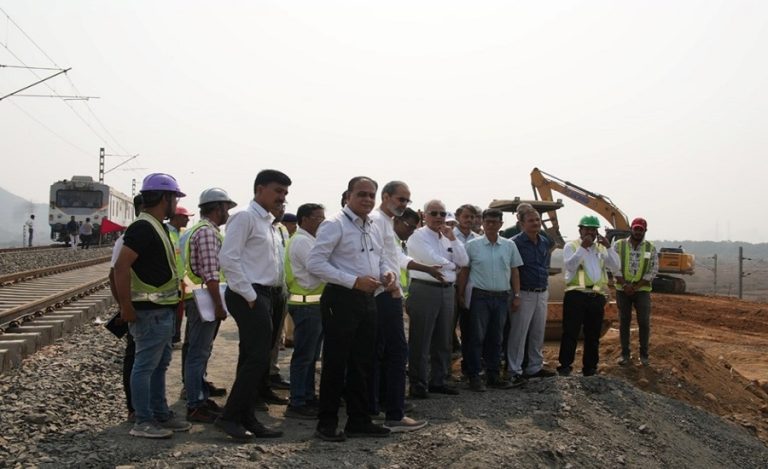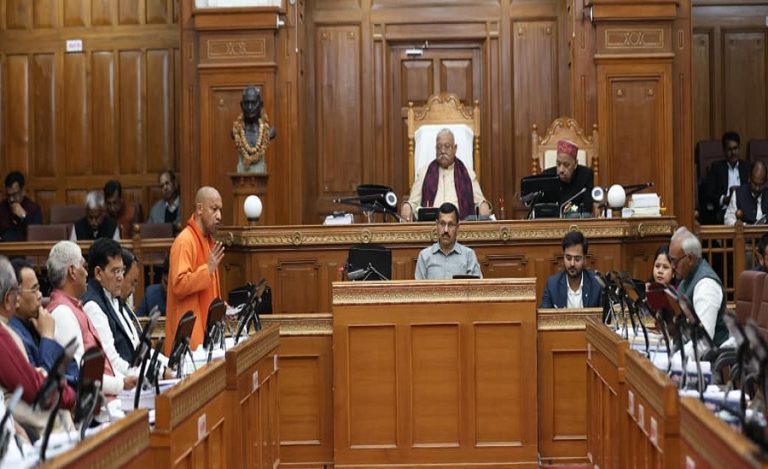New Delhi: The Supreme Court of India on Tuesday sharply criticized the Uttar Pradesh government for retaining a “colonial-era mindset” in governing cooperative societies and similar bodies, where spouses of bureaucrats such as district magistrates (DMs) are made ex-officio office-bearers.
The bench, comprising Chief Justice Surya Kant and Justice Joymalya Bagchi, observed that such provisions are “wholly inconsistent with democratic principles” and have “no justification in modern governance.” The court emphasized that public bodies must be led by elected representatives rather than appointed family members of officials.
Court Directs UP Government to Amend Laws
The Supreme Court instructed the state government to amend relevant provisions within two months. It noted that byelaws of several cooperative societies continued to confer positions like president on the wives of top officials, including district magistrates and chief secretaries, without any democratic process.
The bench questioned, “Why should the wife of a DM be the ex officio president of such a society without any democratic process?”, highlighting concerns over transparency and accountability.
Case Initiated by Women’s Self-Help Group
The issue arose from a petition filed by CM Zila Mahila Samiti, Bulandshahr, a women’s self-help group, which challenged the practice after the wife of a district magistrate was made the ex-officio president of their samiti. The group argued that the society, meant to assist destitute women, was being run on an ad hoc basis and lacked transparency.
The bench criticized the mentality behind the provision, stating it reflected a governance approach “dusted in the hands of the wife of the collector.”
State Seeks Time to Introduce New Legislation
The Uttar Pradesh government acknowledged that a new bill to replace the 1860 registration law was already under preparation and requested time until the end of January 2026 to finalize it. The state assured the court that colonial-era provisions allowing bureaucrats’ spouses to hold positions would be removed, and that the new legislation would be placed before the assembly and notified without delay.




























